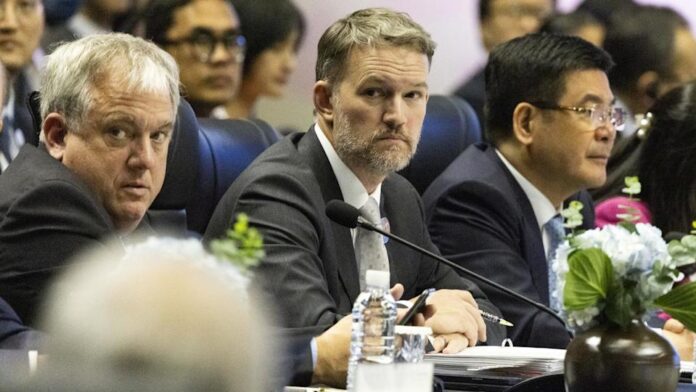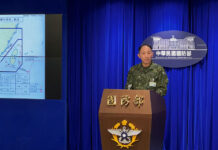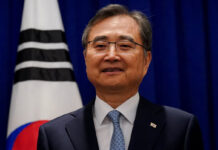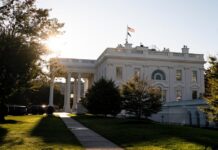The Asia-Pacific Economic Cooperation (APEC) bloc has sounded the alarm on a significant slowdown in regional trade growth, slashing its 2025 export forecast to a meager 0.4%, down dramatically from 5.7% in 2024. The sobering projection comes as ministers responsible for trade from the 21-member grouping gather on South Korea’s scenic Jeju Island for crucial discussions amid renewed trade tensions and geopolitical uncertainty.
In its latest Regional Trends Analysis Report, APEC attributed the export slump to weakening global demand—particularly in manufacturing and consumer goods—and rising uncertainty over trade policies, including a new wave of US-imposed tariffs that have rattled global markets and supply chains.
“Trade growth is set to decline sharply across APEC due to lower external demand… while rising uncertainty over goods-related measures weighs on services trade,” APEC stated, signaling a broader chill beyond traditional exports.
The bloc also cut its regional GDP growth forecast to 2.6% in 2025, down from the previously projected 3.3%, highlighting mounting concerns over economic headwinds facing the world’s most economically dynamic region.
The backdrop to this economic outlook is the resurgence of protectionist measures led by the Trump administration, which has reimposed sweeping tariffs targeting more than half of the APEC economies. These measures have disrupted trade that had, until recently, been enjoying the benefits of decades-long liberalization. By 2021, average regional tariffs had fallen to just 5.3%, a far cry from 17% when APEC was formed in 1989. In that same period, merchandise trade surged more than ninefold.
In a potentially encouraging diplomatic development, US Trade Representative Jamieson Greer met with Chinese trade envoy Li Chenggang on the sidelines of the Jeju gathering. The informal talks follow their earlier face-to-face meeting in Geneva on May 10–11, where both sides reportedly agreed to scale back some of the steepest tariffs, signaling a tentative thaw in US-China trade relations.
However, details remain scarce, and South Korean Trade Minister Cheong In-kyo, the host of this year’s ministerial, declined to elaborate on the outcomes. Cheong emphasized that ongoing multilateral engagement is vital to navigating current disruptions, especially in light of broader political and economic instability.
Beyond bilateral tensions, APEC trade ministers will spend the next two days addressing multilateral trade cooperation, with a particular focus on reforming the World Trade Organization (WTO). The WTO has come under fire from Washington, with the Trump administration freezing US funding and accusing the body of enabling China’s economic rise at the expense of fair competition.
South Korea’s Ministry of Trade indicated that Minister Cheong will use the platform to emphasize how “the global economy and trade are under unprecedented strain” and urge APEC members to “foster honest dialogue” to meet today’s challenges.
APEC Policy Support Unit Director Carlos Kuriyama underlined the far-reaching effects of rising tariffs: “US tariffs are affecting not just goods trade — they’re impacting services trade and financial markets too,” he told reporters, warning that the recovery to pre-April trade conditions remains elusive.
As part of a broader schedule leading up to the APEC Leaders’ Summit in Gyeongju later this year, the Jeju meetings are seen as pivotal in setting the tone for future economic cooperation in a region that accounts for 60% of global GDP and about half of global trade.
Attendees at the gathering include trade envoys and ministers from Australia, New Zealand, Japan, Canada, Mexico, and Russia, each navigating their own economic pressures amid the shifting global trade landscape.
Whether APEC can once again serve as a stabilizing force for open markets — or whether it will be pulled apart by divergent national interests — remains to be seen.
Written by Kelly Were













